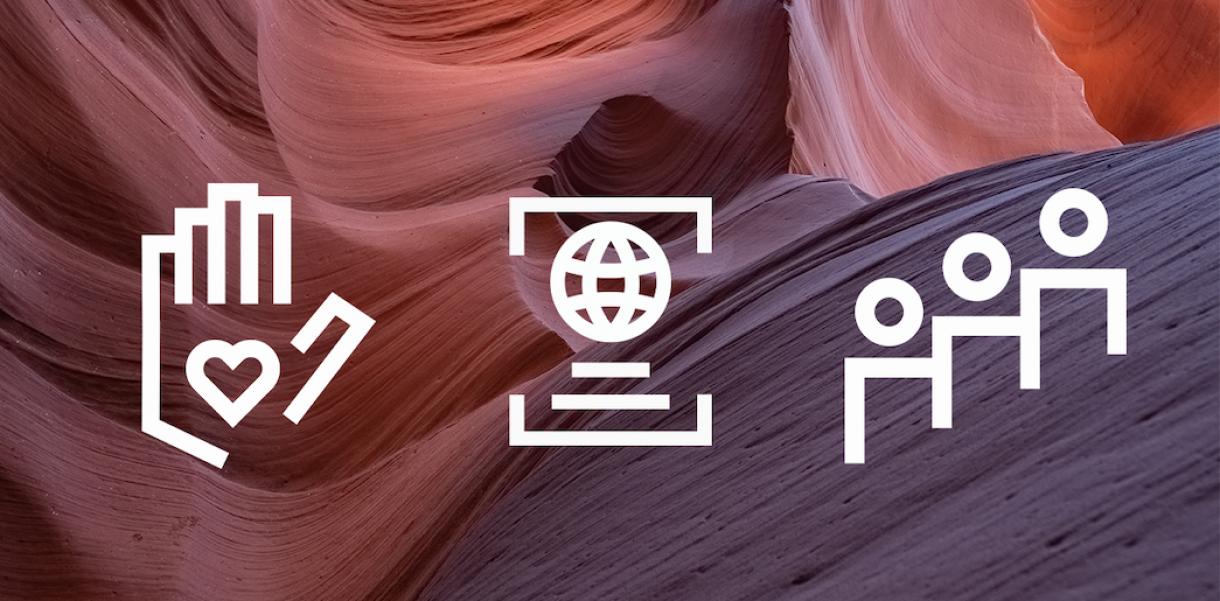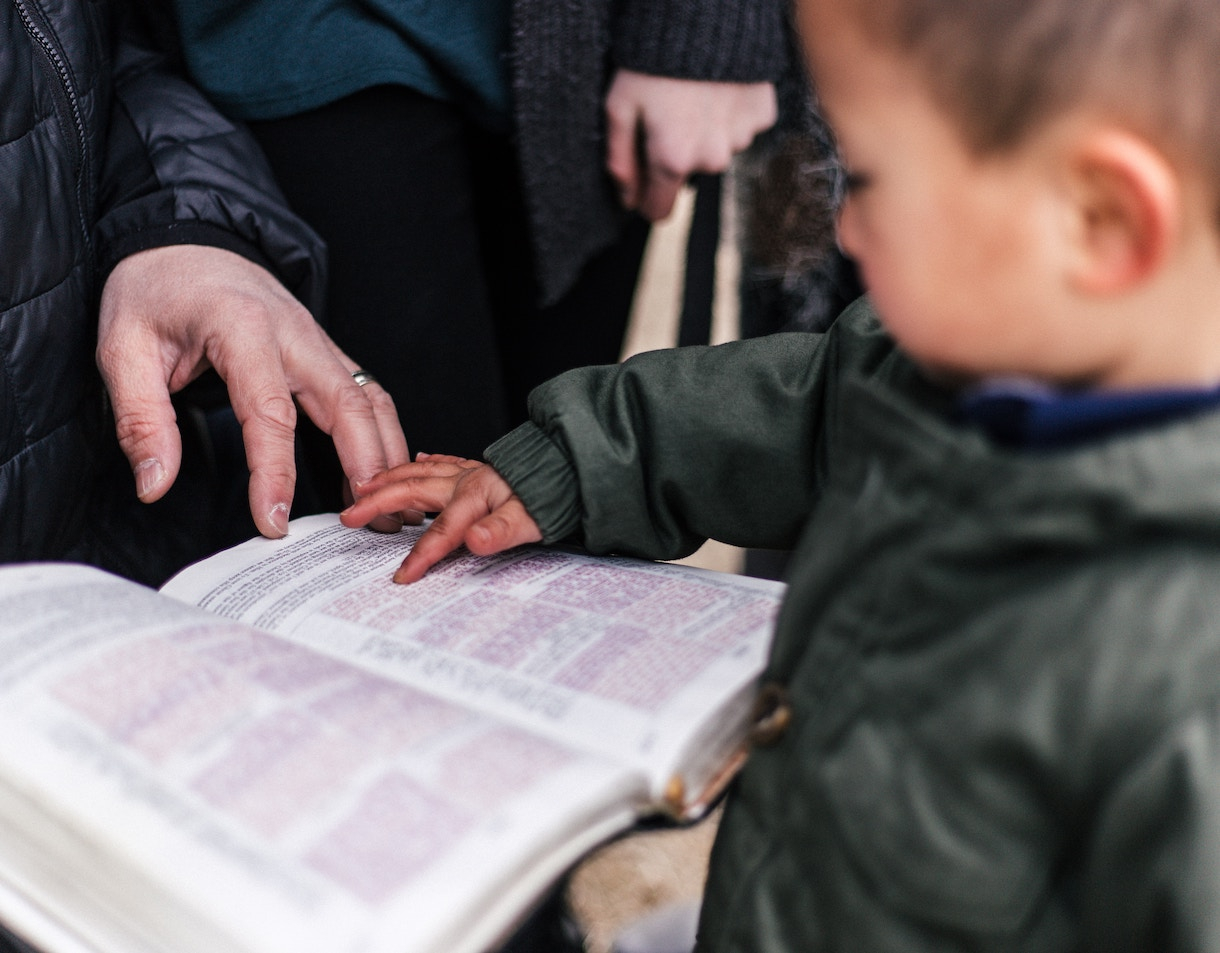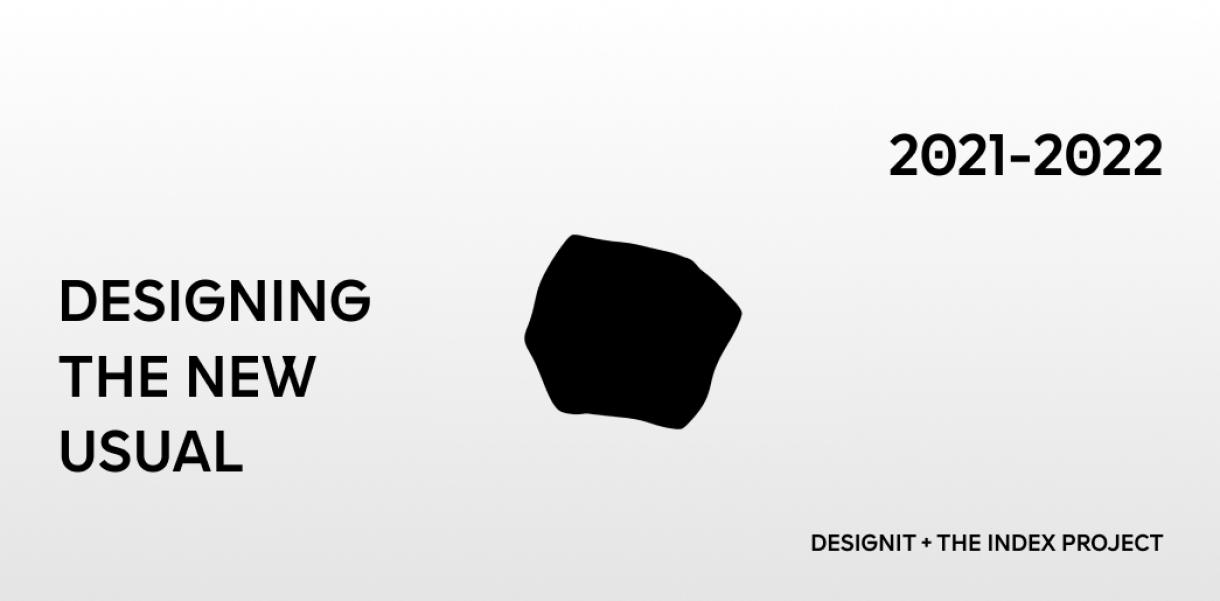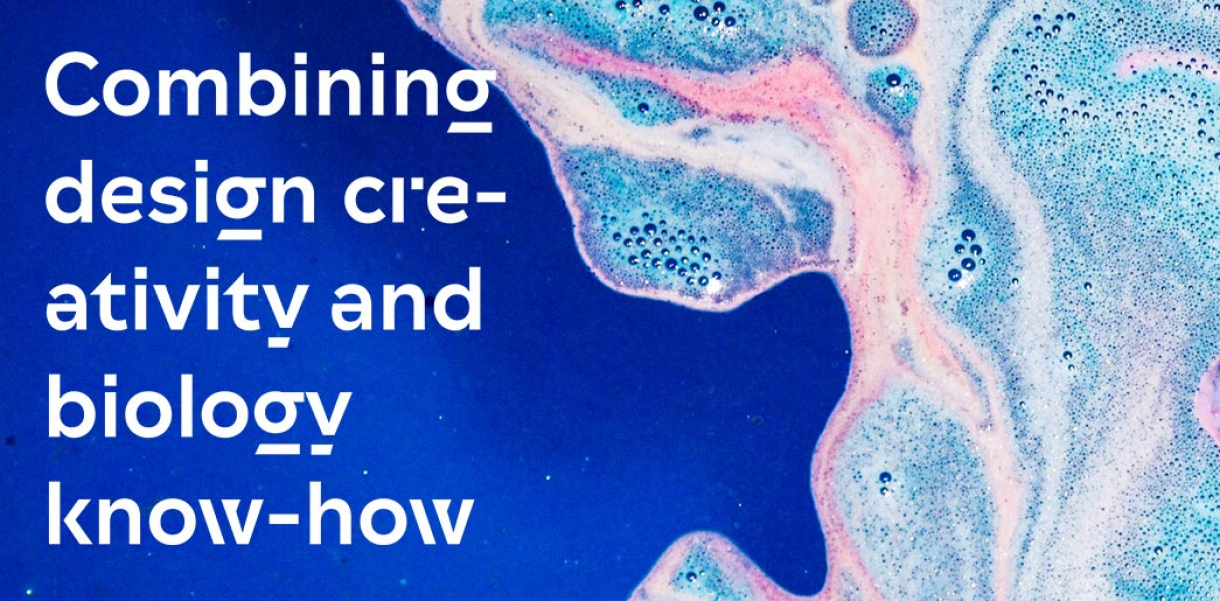Sweeping at only our own doorstep is no longer enough. The local is now fully global, and the worries and challenges weighing on the individual is a shared burden. National elections, bordering conflicts, hurricanes, protests and blink-of-an-eye disasters are affecting us all. We need answers to both immediate and systemic questions.
The UN SDGs create awareness and commonship around these current challenges. But even though they embrace far and wide, there are more narrow but growing concerns, we need to design solutions for. We sought out to find and highlight these when we identified five Design To Improve Life Goals in 2016 through the Visual Field Notes publication. These showed a need for solutions that help us;
- Navigate post-factual society;
- Balance human and artificial intelligence;
- Promote trust, tolerance and empathy;
- Develop innovative financial systems;
- Stabilise the growing refugee and migrant crisis.
Now, we at The Index Project are proud to introduce three new DtIL Goals. In 2019, our partners at JA Studio published the report Optimism is Blooming in a World Gone Mad, where they collected the thoughts, ideas and worries of 138 people within the design community. From this report, three undeniable challenges came to light, encompassing the collective worries on the crisp of a new decade.
Sustainable tourism
Although the year of the pandemic put a hold on global tourism, the rise of and access to travel to all parts of the world has come at a cost. Since commercial air travel started booming in the 1950s, the numbers of international tourist arrivals have been growing massively. In 2018, there were 1.4 billion tourist arrivals around the world.
The search for historical landmarks and hidden gems can harm communities and ecosystems. In Thailand, Maya Bay closed to recover from the damage caused by tourism overload and in cities like Venice, Amsterdam and Barcelona, the financial gain from tourism comes with issues affecting local citizens. Housing affordability, mobility and environmental degradation are a few of them.
There’s a dire need for solutions to address and improve sustainable tourism. Index Award 2021 nominee Fairbnb is one proposal, a cooperative accommodation booking platform, where profit is spent funding local initiatives and projects. Still, we’re looking for the design community to innovate and develop the tourism sector in new and different ways.
Ethical leadership
We’ve entered a critical decade – both when it comes to fulfilling the UN SDGs and slowing the damage of climate change. As of today, the capability lies within the hands of our world leaders, but are they responsible with the power they’ve been given?
Around 64% of the global community showed no trust in former President Donald Trump to do the right thing in world affairs, and neither Angela Merkel, Emmanuel Macron, Vladimir Putin or Xi Jinping scored above a 50% level of confidence. We need to trust world leaders to be more morally upstanding than the average citizen, but on both a local and global scale people are finding that more and more hard to believe.
How do we ensure institutions and organisations keep our leaders in check? How can we sustain voter engagement? How do we educate the leaders of tomorrow? In short, how do we ensure ethics in our leaders?
Generational harmony
The gap between the elder and the young is widening. It has been culturally cemented in the dichotomy of zoomers versus boomers, but all over we see generations become more and more divided when it comes to politics, culture and environment. In Britain, the young feel “screwed over” by the elder regarding Brexit and in Nigeria, the youth is rebelling against police brutality and political disempowerment.
Closing the gap should happen alongside an effort to secure the opposites of life: We need to develop quality employment, housing and healthcare models in preparation for the ageing population and ensure younger generations are equipped with knowledge and tools for the associated emerging challenges.
Social impact companies like Elderlearn try to build connections between elderly and immigrants by letting the former aid in Danish lessons and in South Africa Harambee are creating partnerships to lower youth unemployment. Hopefully, we’ll see more designs addressing the many facets of these globally relevant problems.







